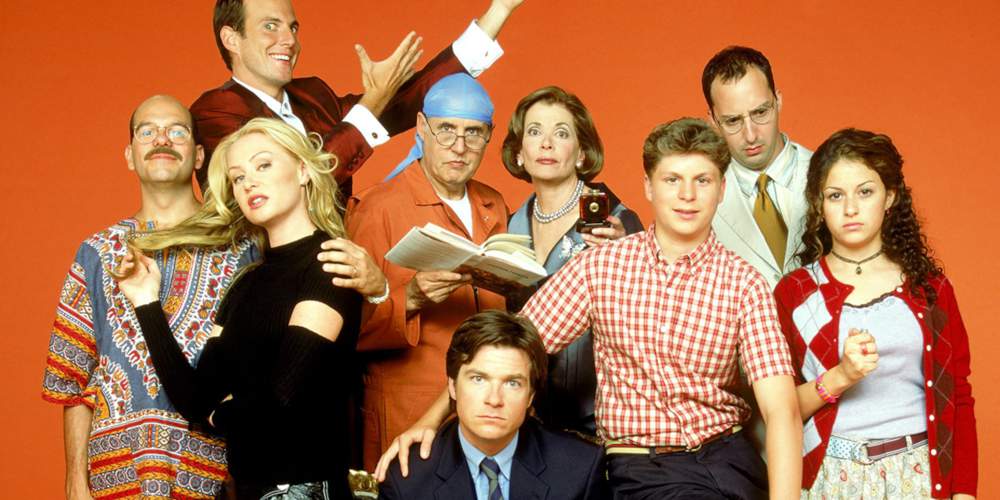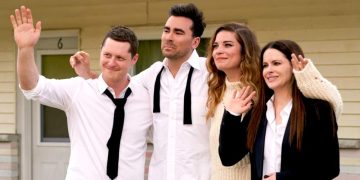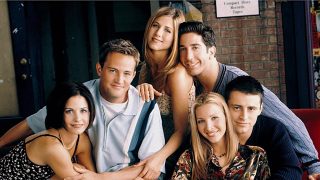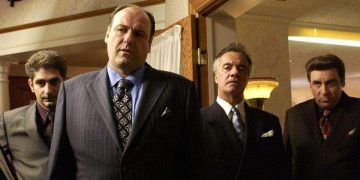The family unit has been a timeless staple of television, but there's one type of family who always ends up at odds with each other. Gone are the days of the ideal family—hail the dysfunctional TV family!
It's kind of surreal to root for a dysfunctional TV family, since they often feature vile characters and motivations. But we somehow relate to them anyway... and obsessively follow their exploits.
Here are our picks for the best dysfunctional families on TV and what makes each one so great to watch.
15. The Atwoods in The O.C. (2003)
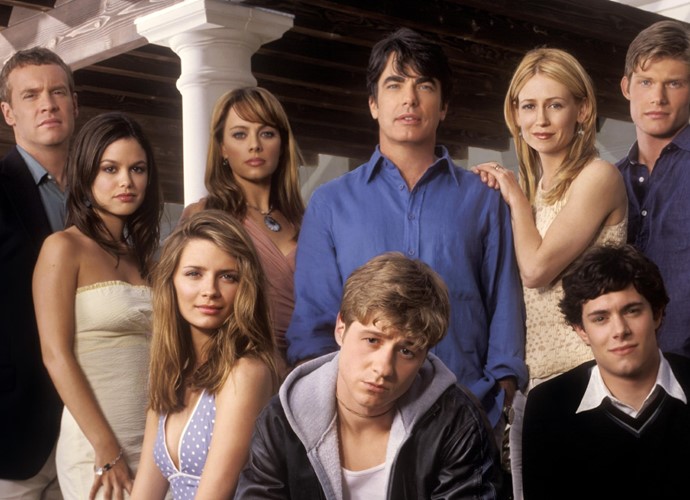
Everyone can agree that Ryan Atwood of The O.C. is best at home with the Cohens since the Atwoods are just the worst.
His father Frank is physically abusive, while his mother Dawn is neglectful. Plus, he has a complicated relationship with his older brother Trey, leading to a shocking confrontation in season two.
All of this is what leads Ryan, who longs for a father figure, to Sandy Cohen and his affluent family.
Abandonment is a big running theme with the Atwoods, with Trey ditching Ryan for Vegas and his father serving a prison sentence. And yet, despite them, Ryan endures it all.
14. The Barones in Everybody Loves Raymond (1996)
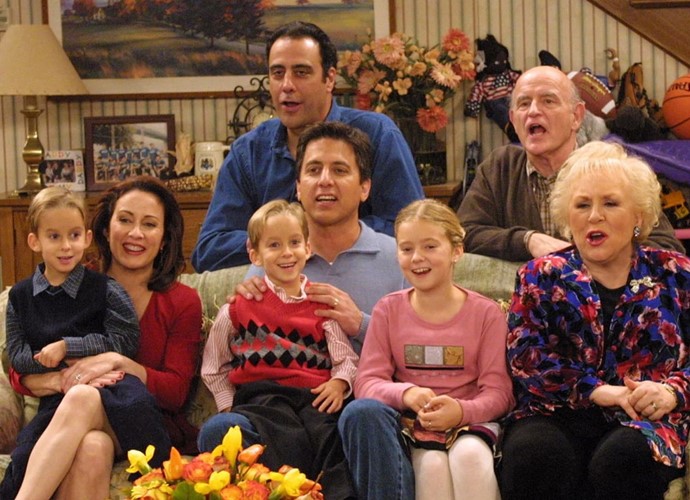
The Barones will do anything to grind the gears of Raymond. Usually, their troubles start with him as he usually places most of the responsibilities on his wife Debra.
His parents Marie and Frank don't help matters, especially Frank who tends to meddle with Raymond's family life.
But what cements the dysfunction is Raymond's brother Robert, who gets jealous of his mother paying more attention to Raymond. This leads to them constantly butting heads with each other.
And that's just one of the many squabbles the sarcastic Raymond has to deal with. Needless to say, everybody does indeed "love" Raymond.
13. The Smiths in Rick and Morty (2013)
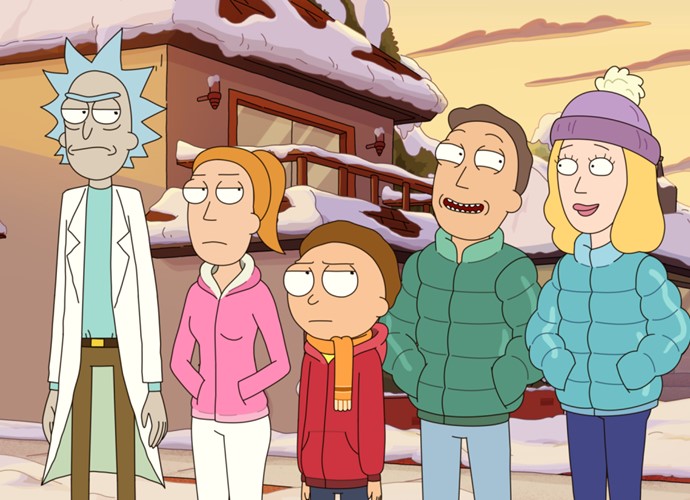
There's no doubt that the mad genius of Rick Sanchez is what drives the Smiths mad. The foul-mouthed scientist and his reckless behavior nearly threatened the existence of the universe, but that doesn't excuse the rest of the family's behaviors.
Jerry is an insecure father figure, whose naïveté often leads to trouble. Beth is an aggressive mother, whose behavior nearly aligns with Rick's. Summer is a spoiled teen, whose shallowness proves lethal.
And even though Morty is the most sensible one, his complacency and cowardice overwhelm him constantly.
But in spite of all the trouble they cause, the Smiths always find a way to be in accord with one another eventually, and it's those moments that keep us hooked to Rick and Morty.
12. The Roses in Schitt's Creek (2015)
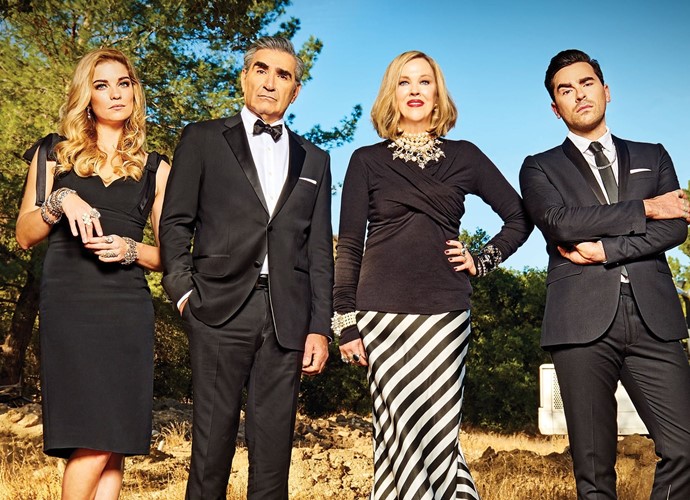
If you're a rich family and you have nowhere else to go but Schitt's Creek, don't expect to adjust so easily. In Schitt's Creek, the Roses—who were once excessively affluent—are now at their lowest.
The most relaxed of them is Johnny, the father who always view things logically but gets frustrated while trying to adjust to modern strategies for business. Meanwhile, the matriarch Moira isn't just the most resistant to change, but also the most overly dramatic.
Their spoiled lifestyle together is what came to define their children, Alexis and David, who are completely out of touch with reality.
But as they find themselves stuck in Schitt's Creek, they gradually change in some ways—and stay the same in other ways—to become a most eccentric family that's somehow likable.
11. The Reynolds in It's Always Sunny in Philadelphia (2005)
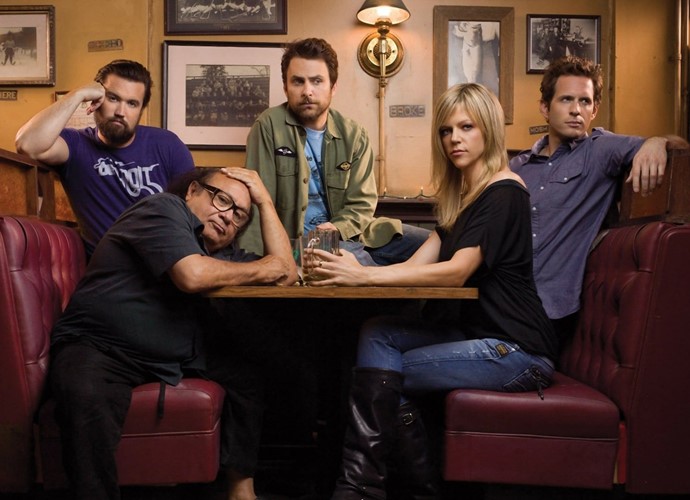
The Gang of It's Always Sunny in Philadelphia may not all be blood-related, but they're basically a cohesive family unit with dysfunctional behaviors that are nearly indistinguishable from each other.
Chief among them, however, are the Reynolds. Dennis is the most level-headed on the surface, but also the most psychopathic within. His twin sister Dee is pettier than all the rest combined. Their father Frank always gets the Gang into legal trouble.
To cap it off, you have the wild cards. Mac is strong but cowardly, while Charlie is good-hearted but dimwitted.
The Gang of It's Always Sunny in Philadelphia are the worst people imaginable, and you wouldn't touch them with a 10-foot pole in real life. But on TV? Their antics are just plain hilarious to see.
10. The Drapers in Mad Men (2007)
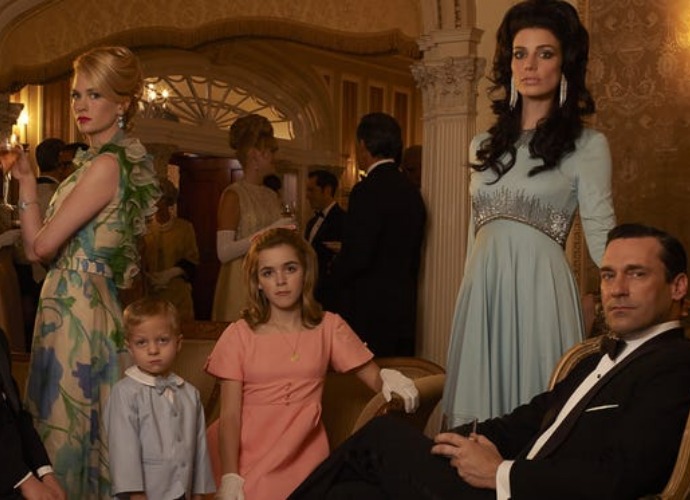
As head of the Drapers, protagonist Don Draper likes to see himself as a family man. He has much pride for his family, which includes his wife Betty and his children Sally, Bobby, and Gene.
But his actions never reflect his words. He cheats on Betty with several women. He's neglectful toward her and their children. And even with a second wife, Draper cheats on her with other women.
Clearly, Don Draper's alcoholism, lasciviousness, neglect, and smoking take a toll on his family. One can't help but understand that Don was a victim of an abusive household, but it's still a bleak picture.
9. The Gallaghers in Shameless (2011)
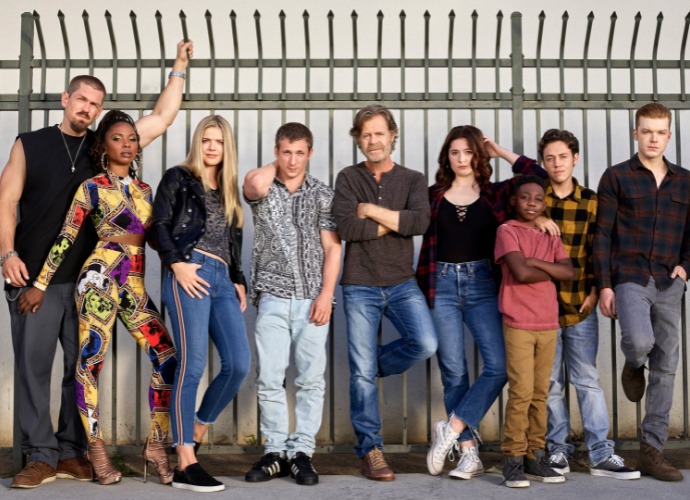
Shameless centers on the messy slice-of-life exploits of the Gallaghers, a destitute family that's barely scraping by.
They are anything but fortunate to live and thrive on the streets of Chicago as patriarch Frank spends his days drinking and going with the flow. As a result, the Gallagher children try to make ends meet.
The show never shies away from the poverty experienced by the Gallaghers. And that provides ample opportunity for the Gallaghers to throw shade at each other.
It may feel pitiful to watch, but their bond can give out a laugh of relief. Just keep a close eye on Frank and Fiona's banter.
8. The Bundys in Married... With Children (1987)
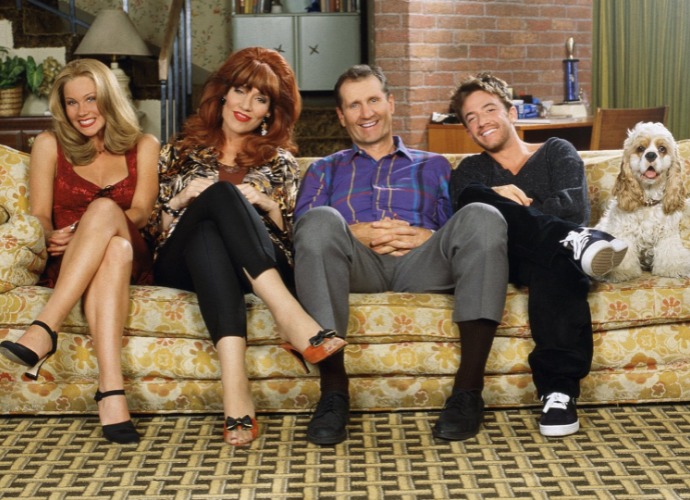
We mentioned the "ideal American family" as commonplace in old TV sitcoms, but one of the first TV shows to dump that formula was Married... With Children.
In this show, we have the Bundys: the hapless father Al, the sluggish mother Peggy, the clueless daughter Kelly, and the awkward son Bud. They're all unfortunate parts of this family unit.
Many of the show's storylines involve Al's devious schemes failing and his family reacting listlessly. It makes for comical humiliation for Al, yet it's so hard to keep away or feel pity for him. No wonder this show became one of the longest running TV sitcoms!
7. The Lannisters in Game of Thrones (2011)
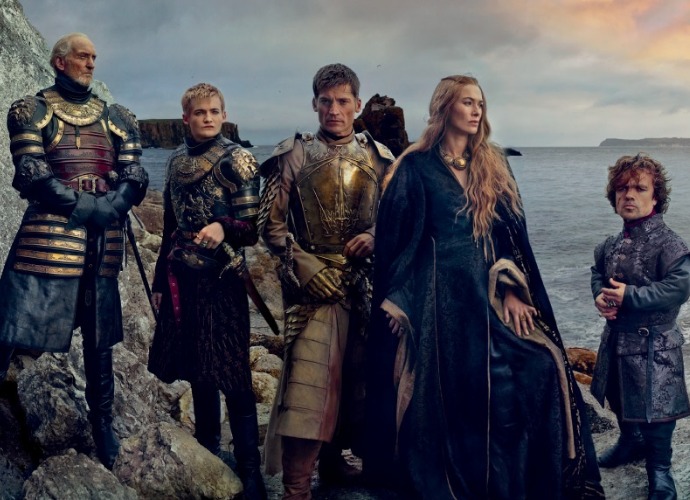
In Westeros, no family is safe from dysfunction—but one family exhibits more disarray than most, and that's House Lannister.
Despite the power and influence they wield, they're prone to turning against each other. You can pin that on the ruthless Lord Tywin, who's especially cruel to Tyrion, but he's not entirely to blame.
Among the family's most heinous deeds: the forbidden incestual connection between Jaime and Cersei; the attempted murder of Bran Stark by Jaime; the psychopathic cruelty of Joffrey. We can thank Tyrion for being the only moral compass.
6. The Wilkersons in Malcolm in the Middle (2000)
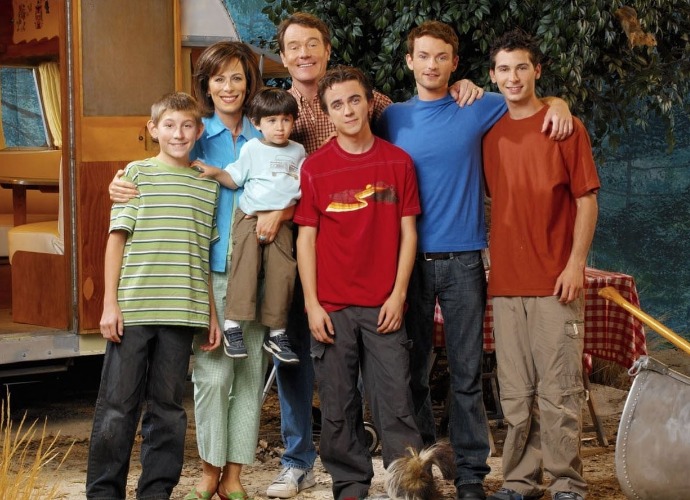
The misadventures of middle child Malcolm would not be possible without his chaotic family, the Wilkersons.
His mother Lois is hotheaded. His father Hal is idle. His oldest brother Francis is a troublemaker. His older brother Reese is annoying. His younger brother Dewey is eccentric. And his youngest brother Jamie is innocent.
Malcolm is gifted, but that prevents him from living a normal high school life. Worse, he's always using his smarts to outwit his brothers and his mother. They have a hard time keeping up, but that's the price to pay for a dysfunctional family.
5. The Roys in Succession (2018)

Succession centers on the Roys, a powerful family that owns a giant media conglomerate. When corporate and personal issues affect their company, the Roys scramble for the coveted position of CEO.
And that pits the Roy siblings (and their respective confidants) against each other in a war of words.
Creator Jesse Armstrong based the Roy family on powerful media families like the Murdochs and Trumps—and it shows!
In this show about power grabs, you see backstabbing in all its forms by the distressed Kendall, the spiteful Roman, the aggressive Shiv, the needy Connor, the menacing Logan Roy and, unluckily, Cousin Greg.
4. The Sopranos in The Sopranos (1999)
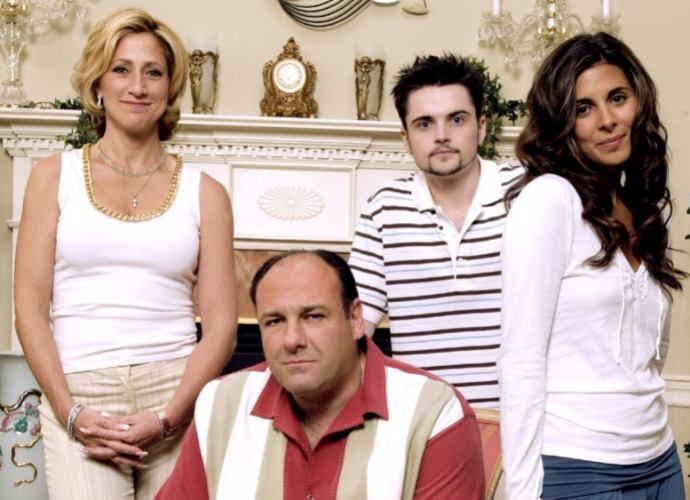
In the mafia, family is first—even for a dysfunctional one.
The Sopranos consist of mobster Tony, his wife Carmela, his daughter Meadow, and his son A.J. His closest confidants include his cousin Christopher, right-hand man Silvio, and soldier-turned-capo Paulie Walnuts. Needless to say, they bear grudges against each other.
Family dysfunction in The Sopranos is a generational one. Since Tony faced abuse from his mother, he passes it down to his wife, his children, and his friends.
And the pressure put on Tony by his position makes it all worse. But amidst all his vices, he does it all for loyalty to his family.
3. The Bunkers in All in the Family (1971)
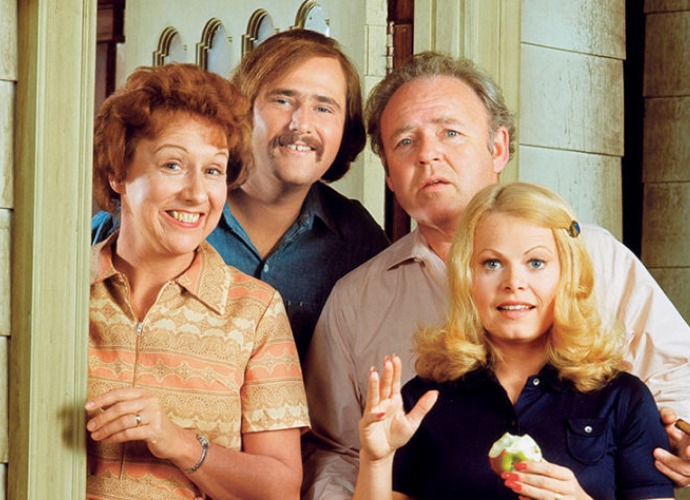
All in the Family was a groundbreaking TV sitcom at its time. It's one of the first to openly tackle topics like racism, infidelity, gender rights, religion, and cancer in mainstream television.
And it's thanks to the Bunkers, which consists of the highly-opinionated Archie, his wife Edith, his daughter Gloria, and her husband Michael Stivic.
Every episode mostly involves the sentiments of Archie about America at that time, his attempts to understand those sentiments, and his family appeasing him.
It's a classic clash of generations that many TV shows would learn to copy in later years, but nothing beats the Bunkers on their couch-surfing and opening up to changes.
2. The Bluths in Arrested Development (2003)
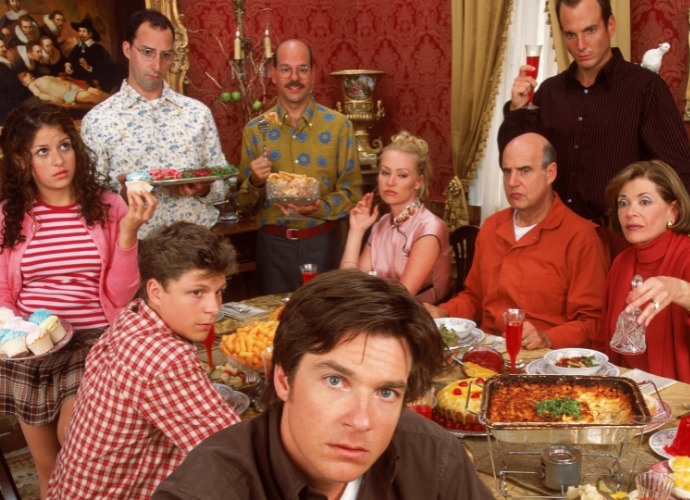
Nobody wants to see a family who consistently fails from one plan to the next, but that's exactly what the Bluths do—and their failures are just so much fun to watch.
After George (the head of the family) is sent to prison, his son Michael tries his best to keep the family together and their business financially afloat. But Michael keeping his family guided is never easy since he has to deal with their quirks.
Gob is a failed magician. Lindsay has total disregard for spending money. Tobias is fruitless and awkward. Buster has issues with their offhand mother. Still, they make for endless shenanigans.
1. The Simpsons in The Simpsons (1989)
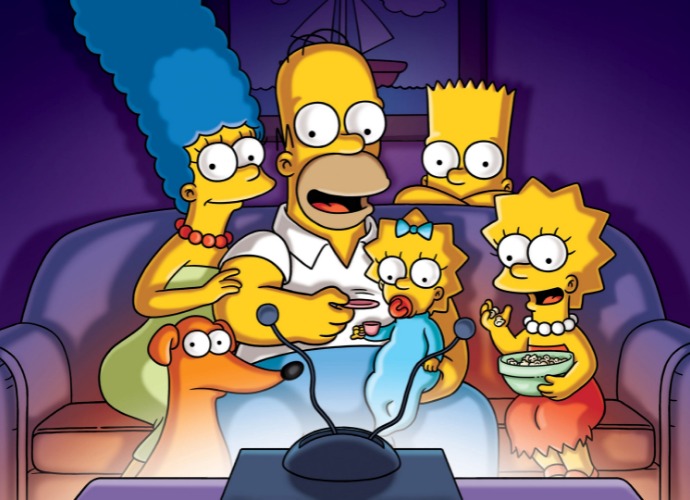
Is there an dysfunctional American TV family more dysfunctional than the Simpsons? The Simpsons faced many moments of disarray and chaos, but they remain the same:
Homer is the clueless father. Marge is the concerned mother. Bart is the troublemaking son. Lisa is the gifted daughter. Maggie is the innocent toddler with unnoticed misadventures.
Despite their familial differences and one-note traits, they go through thick and thin as a cohesive unit. Even their relatives like Grandpa Abe, Patty, and Selma stick by their side (when convenient). It just shows the staying power of the Simpsons for 30+ seasons.
